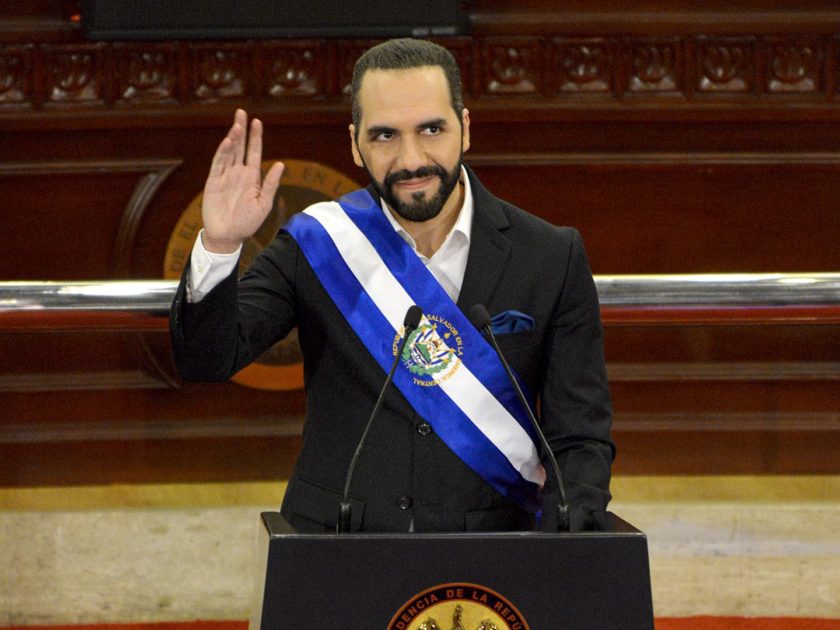According to the earlier report, Volkswagen’s name change was going to be effective by May of this year and that the company was seeking to change its name as its “declaration of the company’s future-forward investment in e-mobility.”
Some days ago, several reputable news outlets, including ours, reported that leading automaker company Volkswagen AG would be changing the name of its US operations to “Voltswagen.” However, new information has now emerged that the purported name change was only a hoax and plan for an elaborate April Fools’ Day.
Information about the fake name change first leaked on the official website of the carmaker on Tuesday before it was taken down. But media houses across the globe had lashed on the story and reported it as news to their audience.
Most outlets, including ours, fell for this scheme as the report was confirmed to be true by an anonymous source within the company. Apparently, the source lied to reporters looking to confirm the story from the German carmaker.
According to the earlier report, Volkswagen name change was going to be effective by May of this year and that the company was seeking to change its name as its “declaration of the company’s future-forward investment in e-mobility.” The report also went on to state that the new name would be placed as badges on the exterior of all EV models while the gas vehicles would continue to have the company’s renowned VW emblem.
However, all of this has turned out to be false as confirmed by Mike Tolbert, a spokesman of the carmaker in the United States. According to Tolbert, the hoax was supposed to be a plan to commemorate the annual April Fools’ Day and as part of the marketing plan to launch the all-electric ID.4 SUV. In his words, “the renaming was designed to be an announcement in the spirit of April Fool’s Day, highlighting the launch of the all-electric ID.4 SUV.”
It is expected that an official statement regarding the failed prank would be released later today.
Around the world, April Fool day is a custom practiced on April 1. On the day, several practical jokes and hoaxes are practiced on unsuspecting individuals. Several companies, at different times have had their customers on the ropes with their unique sense of humor. An example is PayPal who claimed their users could soon be able to print money using their smartphones in 2018 while another recent example is McDonald’s who fooled its customers about a “sauce-pots.”
Oluwapelumi is a believer in the transformative power Bitcoin and Blockchain industry holds. He is interested in sharing knowledge and ideas. When he is not writing, he is looking to meet new people and trying out new things.




